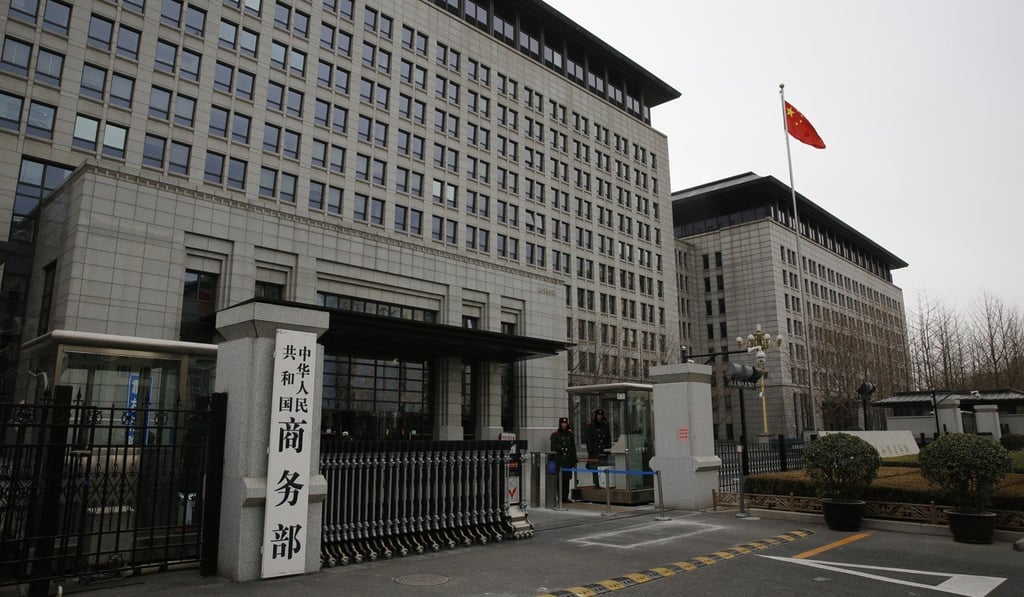Advertisement
China refuses to give up ‘developing country’ status at WTO despite US demands
- Beijing calls the special and differential treatment a ‘fundamental right’, says it will not cede to Donald Trump’s demands on World Trade Organisation reform
- China says it will team with other developing members, including India, South Africa and Venezuela, to win the battle over future of WTO
Reading Time:3 minutes
Why you can trust SCMP

China will refuse to give up the “special and differential treatment” it enjoys as a developing nation at the World Trade Organisation, in a rebuke to a US proposal that would pare back the privileges China and other nations enjoy on trade.
China is categorised as a developing country at the Geneva-based institution, which affords it “special and differential treatment”. This enables China to provide subsidies in agriculture and set higher barriers to market entry than more developed economies.
The dispute reflects a fundamental divide within the WTO that has threatened the future of the global multilateral trading system.
Advertisement
The United States has long complained that too many WTO members – about two-thirds – define themselves as developing countries to take advantage of the terms the status permits them to trade under.

Advertisement
US President Donald Trump has railed against the organisation, calling it “a catastrophe” and “a disaster”.
Advertisement
Select Voice
Select Speed
1.00x